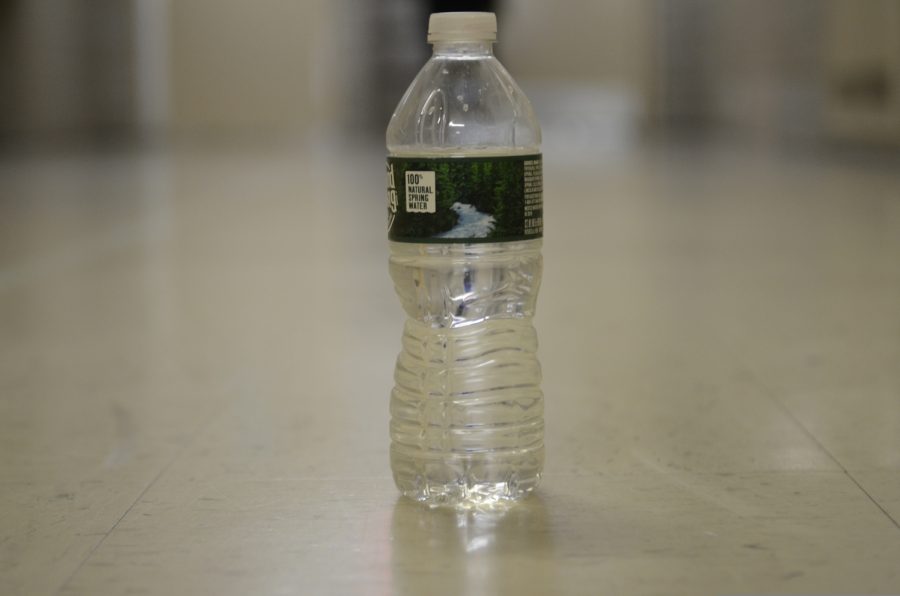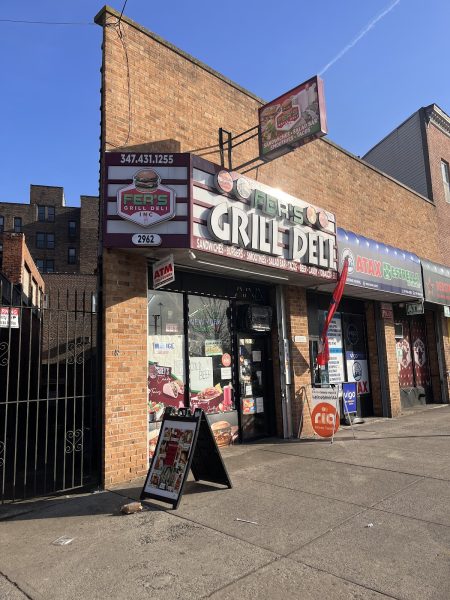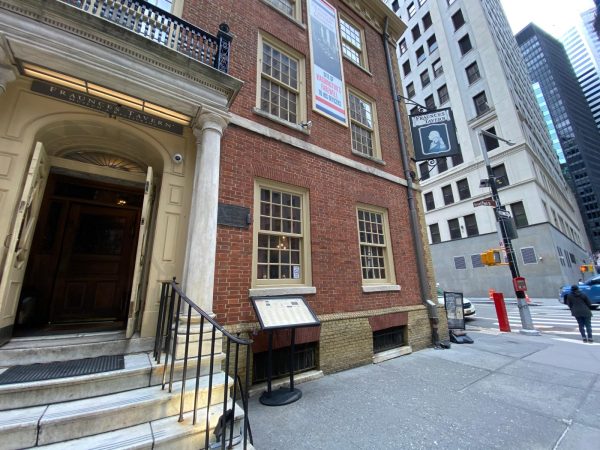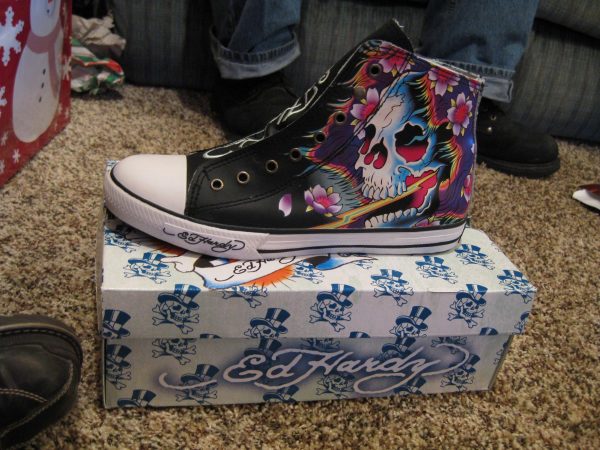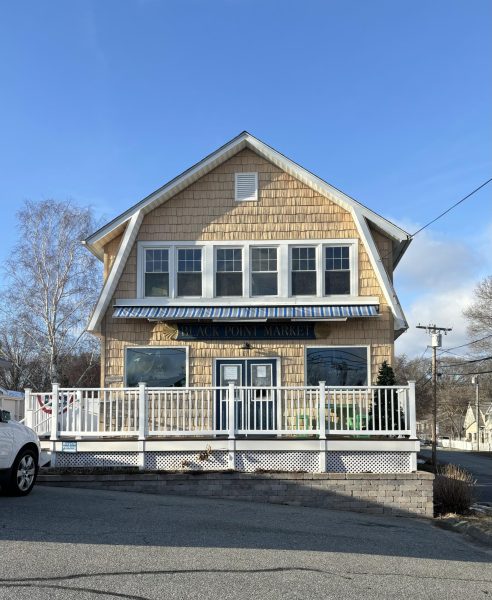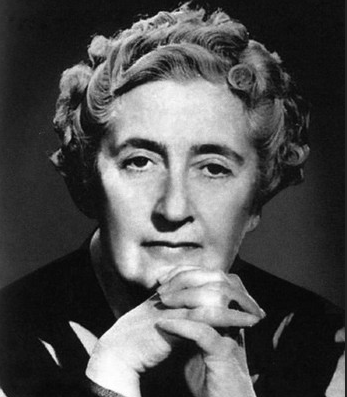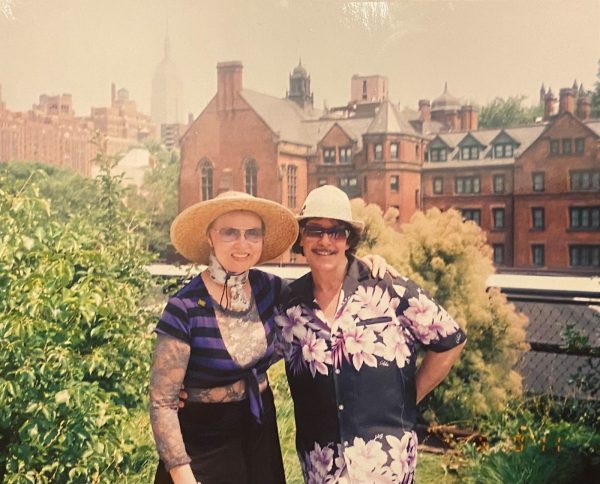Zahin Quayyum ’19 and Tasfia Tasnim ’19 selected as Semifinalists of The Spellman High Voltage Electronics Clean Tech Competition
Plastic bottles like this may one day be replaced by a biodegradable derivative of chitin called chitosan.
With rapidly increasing levels of carbon dioxide in the atmosphere, global warming is becoming an increasingly prominent risk to the Earth. Plastics and other products releasing toxic amounts of carbon emissions have only been adding to the issue. In order to find effective and practical solutions to this problem, the Center of Science Teaching and Learning (CSTL) is holding The Spellman High Voltage Electronics Clean Tech Competition to encourage students all over the world to take the initiative to alleviate the negative impacts of a specific problem that deals with either the effects of climate change or with protecting resources.
“We can no longer afford to ignore what is happening to our planet, and we have to make sure we are doing our best to save the earth,” said Zahin Quayyum ’19.
As a final assignment in their biology research class, Zahin Quayyum ’19 and Tasfia Tasnim ’19 formed team Bene-gradable and submitted a paper on replacing plastics with a biodegradable derivative of chitin called chitosan. “Becoming a semifinalist was really exciting because a lot of work was put into putting the paper together; finding all the necessary background information, tying things together in a way that makes sense and just overall making the final product was time consuming, but worth it in the end,” said Quayyum. Through this competition, students like Quayyum and Tasnim had an opportunity to examine a problem and not only brainstorm, but research and plan a modern day solution using prior knowledge. This includes the details of the hypothetical solution and background of the problem to locate the key areas of interest.
For their paper, the two students focused on the impact plastics and pollution on climate change. “We can no longer afford to ignore what is happening to our planet, and we have to make sure we are doing our best to save the earth. This can mean multiple different things, such as protesting for more environmental regulations, banning plastic bags, and investing in cleaner energy sources,” said Quayyum. As with any problem, it is easier and more practical to take small steps at a time to allow time for people to embrace the change gradually. As of now, many countries have acknowledged the imminent effects of global warming: rising sea levels, increasing temperatures, increasing acidity of oceans, and increasing frequencies of heavy downpours.
However, society as a whole needs to take greater actions, starting with replacing common household items like plastic wrap that add to the issue. “Our paper aimed to create a biodegradable substitute to plastic wrap, by creating a chitosan-based wrap that has been modified with quaternary ammonium groups. This film is water-soluble, biodegradable, and protects food from harmful microorganisms,” said Quayyum ’19. Through reactions that add quaternary ammonium groups to the chitosan, not only does the polysaccharide become effective is less acidic environments but also perfect for everyday use. The film can take over the task of protecting food while not adding to the growing landfills.
Surely it is not easy to tackle an issue that impacts the world as a whole, especially one that requires a group effort to solve. No matter the difficulty, each individual should consider the impact of their actions on the environment and take small steps like Quayyum and Tasnim to slowly change lifestyles for the better.
Tiffany Chen is the Managing Editor/Advisory Editor for ‘The Science Survey’ and a Groups Section Staff Reporter for ‘The Observatory.’ Her role...

